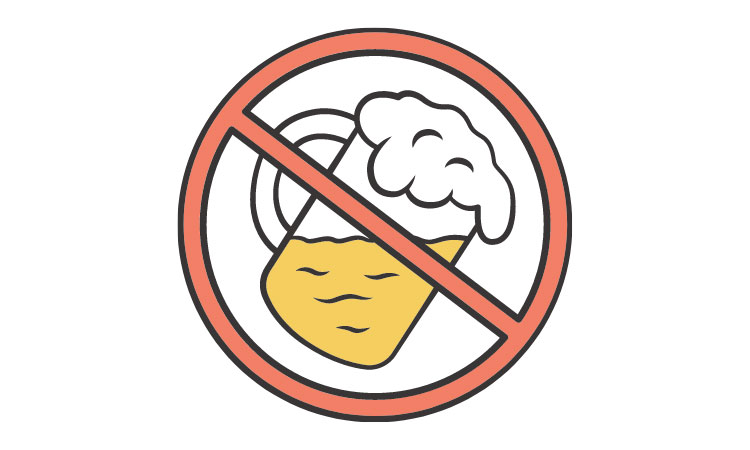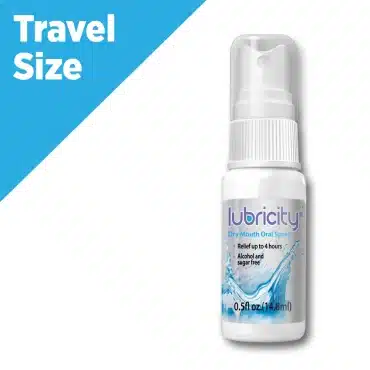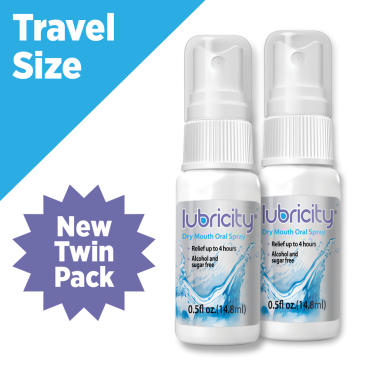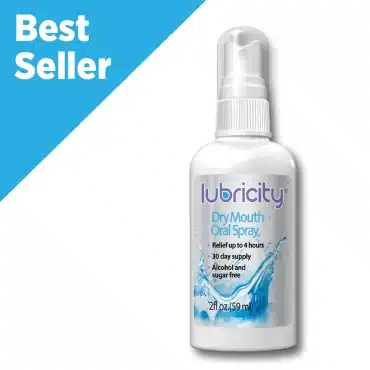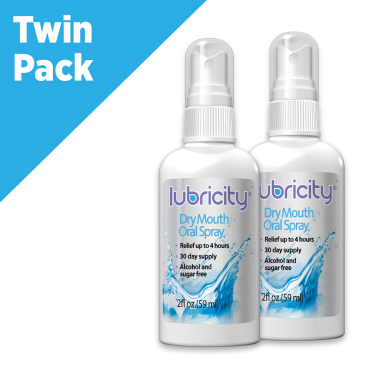Alcohol consumption is a prevalent social activity that has been enjoyed by people for centuries. However, as with any substance, alcohol can have various effects on the body, both short-term and long-term. One common complaint that arises after drinking alcohol is experiencing a dry mouth. In this article, we will delve into the question: does alcohol cause dry mouth?
We will explore the relationship between alcohol consumption and dry mouth, shedding light on the underlying reasons and potential solutions
Can Alcohol Cause Dry Mouth?
Alcohol consumption can indeed contribute to the occurrence of dry mouth. When we consume alcohol, it acts as a diuretic, meaning it increases urine production. Consequently, the body becomes dehydrated, leading to a decreased production of saliva. The reduced saliva flow results in the dry, sticky sensation often experienced after drinking alcohol.
Furthermore, alcohol has a direct effect on the salivary glands. Research suggests that alcohol can inhibit the normal functioning of these glands, leading to a decrease in saliva production. This inhibition can persist even after the alcohol has been metabolized and eliminated from the body, causing prolonged dry mouth symptoms.
Alcohol and Dehydration
One of the primary ways alcohol can contribute to dry mouth is through dehydration. Alcohol is a diuretic, which means it promotes urine production and subsequently increases fluid loss from the body. When alcohol is consumed in excessive amounts, it can lead to dehydration, resulting in a parched mouth.
Impact on Saliva Production
Furthermore, alcohol consumption can directly affect the salivary glands’ ability to produce saliva. Research suggests that alcohol can interfere with the normal functioning of the salivary glands, leading to reduced saliva production. As a result, individuals may experience dryness and discomfort in their mouths after drinking alcohol.
Alcohol's Impact on Salivary Glands
Alcohol’s effect on the salivary glands is twofold. Firstly, it can cause vasoconstriction, narrowing the blood vessels that supply the salivary glands. This constriction hampers the glands’ ability to receive sufficient blood flow, thus affecting saliva production. Secondly, alcohol can disrupt the nerve signals that stimulate saliva production, further contributing to dry mouth.
The Severity of Dry Mouth After Alcohol Consumption
While dry mouth can be a common side effect of alcohol consumption, its severity can vary from person to person. Factors such as the amount of alcohol consumed, individual tolerance levels, and hydration status play significant roles in determining the intensity of dry mouth symptoms.
Alcohol Content and Dryness
The alcohol content in the beverages consumed can have a direct impact on the severity of dry mouth. Beverages with higher alcohol concentrations, such as spirits and certain wines, are more likely to cause pronounced dryness compared to lower alcohol content options like beer or diluted drinks.
Individual Tolerance
Individuals who frequently consume alcohol may develop a certain level of tolerance to its effects, including dry mouth. Over time, the salivary glands may adapt to the presence of alcohol, potentially leading to less severe dry mouth symptoms. However, this tolerance can vary among individuals, and excessive or prolonged alcohol intake can still result in a dry mouth.
Hydration Status
Maintaining adequate hydration is crucial to mitigate the effects of alcohol-induced dehydration and subsequent dry mouth. Drinking water alongside alcohol can help counteract the diuretic effect and maintain hydration levels, reducing the severity of dry mouth symptoms.
Coping with Alcohol-Induced Dry Mouth
Although dry mouth after alcohol consumption can be bothersome, there are several strategies to alleviate its discomfort.
Hydrate Properly
As mentioned earlier, ensuring proper hydration is essential to combat alcohol-induced dry mouth. Alternating alcoholic beverages with water and increasing overall water intake can help maintain saliva production and relieve dryness
Practice Oral Hygiene
Maintaining good oral hygiene can assist in managing dry mouth symptoms. Regularly brushing teeth with fluoride toothpaste, using oral spray specifically designed for dry mouth, and chewing sugar-free gum can help stimulate saliva production and alleviate discomfort.
Limit Alcohol Consumption
To minimize the occurrence and severity of dry mouth, it is advisable to consume alcohol in moderation. By practicing restraint and setting limits on alcohol intake, individuals can reduce the likelihood of experiencing dry mouth symptoms.
While alcohol consumption may be enjoyable for many, it is important to recognize its potential effects on oral health, including the occurrence of dry mouth. The diuretic properties of alcohol, along with its impact on saliva production and mouth tissues, can contribute to the development of dry mouth symptoms.
By understanding the relationship between alcohol and dry mouth, individuals can make informed choices about their alcohol consumption and take appropriate measures to manage dry mouth symptoms effectively. Remember, moderation and proper hydration are key to maintaining a healthy balance between enjoying a drink and maintaining oral well-being.
Lubricity is a Proud Supporter of the
What do customers say about Lubricity Dry Mouth Spray?


